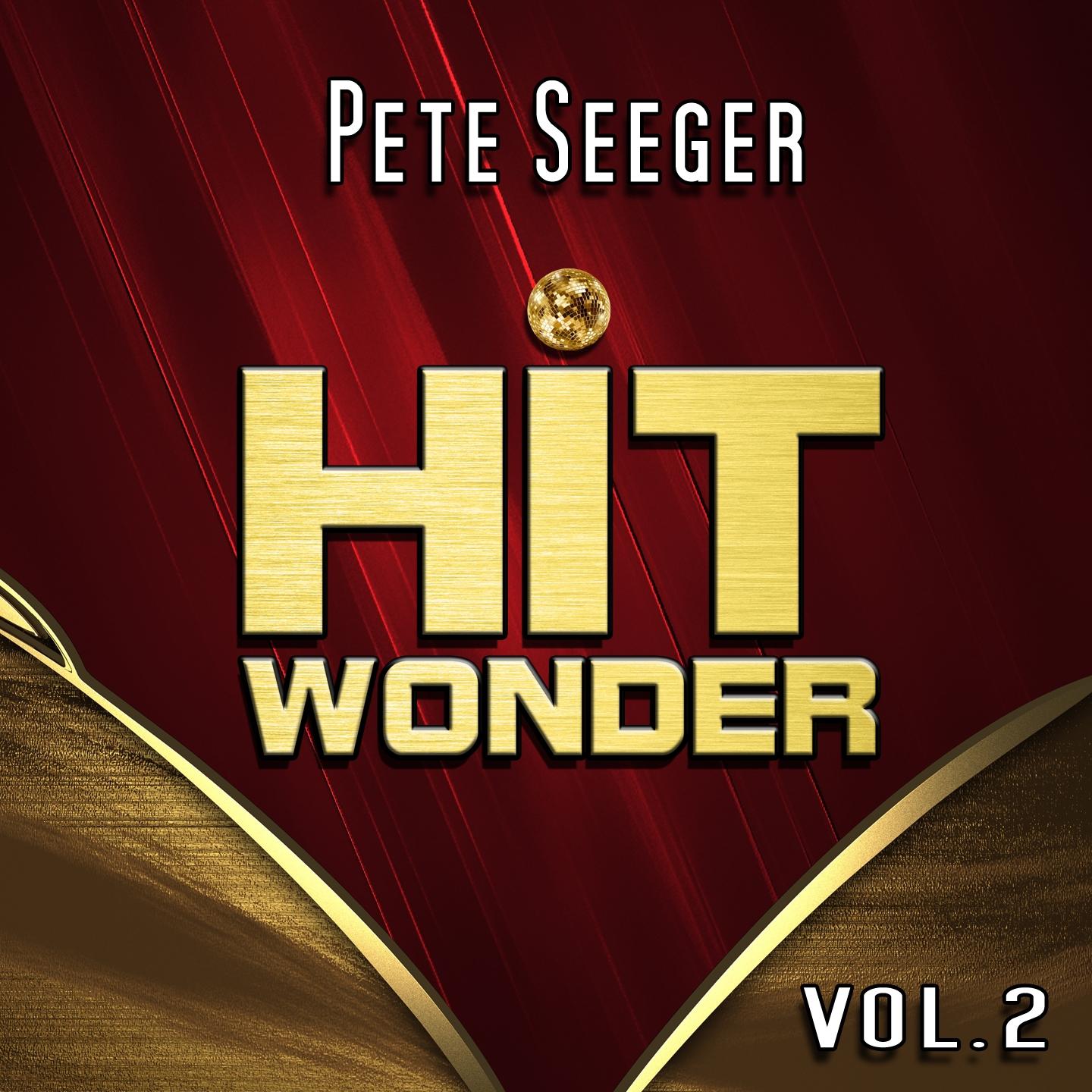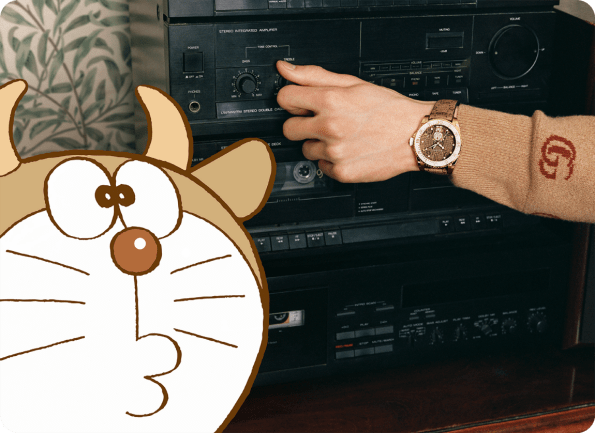If I Had a Hammer: A Deep Dive into Peter, Paul, and Mary's Iconic Anthem
Guide or Summary:Origins and Evolution of "If I Had a Hammer"The Impact of Peter, Paul, and Mary's VersionThe Legacy of "If I Had a Hammer"In the annals of……
Guide or Summary:
- Origins and Evolution of "If I Had a Hammer"
- The Impact of Peter, Paul, and Mary's Version
- The Legacy of "If I Had a Hammer"
In the annals of folk music, few songs have captured the hearts and imaginations of generations as profoundly as "If I Had a Hammer." Composed by Pete Seeger and set to the traditional folk tune of "Ain't We Got Fun," this anthem has not only become a symbol of social justice and peace but also a cornerstone of the folk music movement. This article delves into the rich history and enduring legacy of "If I Had a Hammer," exploring its origins with the legendary trio Peter, Paul, and Mary, and how their rendition of this song has become a timeless emblem of hope and change.
Origins and Evolution of "If I Had a Hammer"
The seeds of "If I Had a Hammer" were sown in the mid-1940s when Pete Seeger, a prominent figure in the American folk music scene, penned the lyrics to this powerful ballad. Seeger, a staunch advocate for social justice and peace, sought to create a song that would resonate with the struggles and aspirations of the working class. The song's lyrics, which depict the transformative power of collective action and the desire for a better world, quickly caught on and became a rallying cry for the civil rights and labor movements of the 1960s.

However, it was the rendition of "If I Had a Hammer" by the iconic folk trio Peter, Paul, and Mary that truly propelled the song to international fame. Formed in the early 1960s, Peter, Paul, and Mary quickly became a force to be reckoned with in the folk music scene, blending their voices in harmonious unity to deliver powerful messages of peace, love, and social justice.
The Impact of Peter, Paul, and Mary's Version
Peter, Paul, and Mary's rendition of "If I Had a Hammer" was a masterclass in the art of folk music. Their hauntingly beautiful harmonies, coupled with the poignant lyrics, created a stirring and emotional performance that resonated deeply with audiences around the world. The song's message of hope and the power of collective action struck a chord with listeners, becoming a rallying cry for the civil rights movement and a symbol of peace and unity during a tumultuous period in American history.

The success of their version of "If I Had a Hammer" also opened doors for other artists to interpret and redefine the song in their own unique ways. From folk legends like Joan Baez and Bob Dylan to contemporary artists like R.E.M. and The Decemberists, the song's message of hope and change has continued to inspire and influence generations of musicians and listeners alike.
The Legacy of "If I Had a Hammer"
The enduring legacy of "If I Had a Hammer" is a testament to the timeless power of music to unite people and inspire change. Despite being over six decades old, the song remains a powerful reminder of the importance of social justice, peace, and unity in our world. Its message of hope and the transformative power of collective action continues to resonate with listeners today, making it a timeless anthem that will endure for generations to come.

In conclusion, "If I Had a Hammer" is more than just a song; it is a call to action, a rallying cry for justice, and a symbol of hope in a world that often feels divided and uncertain. Through the powerful voices of Pete Seeger, Peter, Paul, and Mary, and countless others, this anthem continues to inspire and unite people across the globe, reminding us of the power of music to change the world, one song at a time.